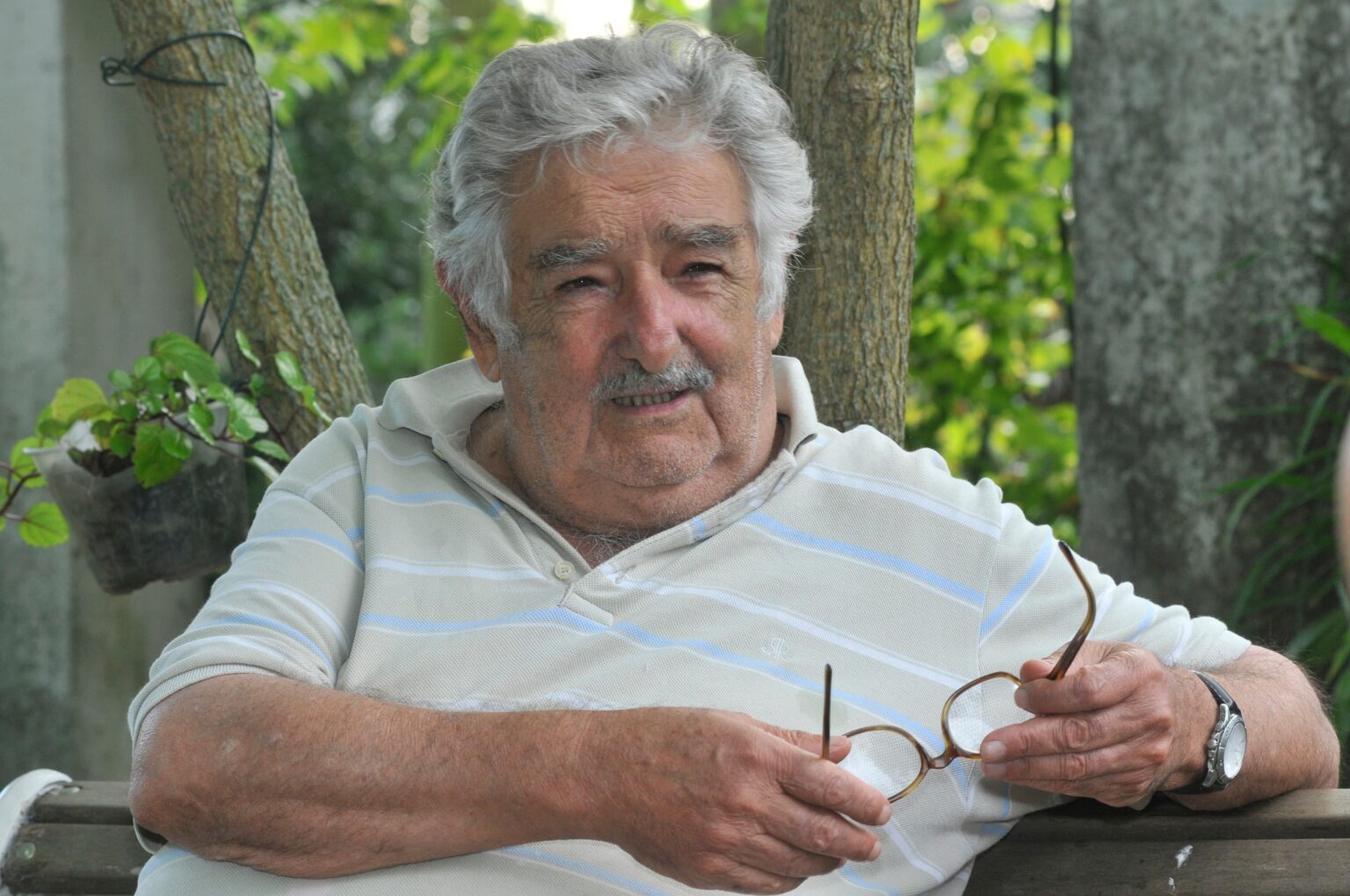José “Pepe” Mujica, former president of Uruguay and one of Latin America’s most unique political figures, died at the age of 89 after a long battle with cancer. His life was a journey of radical transformation, from an armed revolutionary in the 1960s to a beloved president and moral icon by the 2010s.
Born in Montevideo, Mujica became active in politics as a member of the Tupamaros, a leftist urban guerrilla group that sought to challenge the Uruguayan state through armed struggle. The group carried out high-profile operations, including bank robberies and kidnappings, as part of a broader push for social justice and economic equality. Mujica was captured multiple times and spent nearly 15 years in prison, with over 10 years in harsh solitary confinement during the military dictatorship that ruled Uruguay from 1973 to 1985.
Following the restoration of democracy, Mujica emerged from prison deeply changed. He traded the weapons of his past for a new path—one that would lead him into mainstream politics. He became a founding member of the Broad Front coalition and began a political career that would eventually place him at the highest level of government.
A President Who Redefined Politics
Mujica served as Uruguay’s president from 2010 to 2015, during which time he gained international fame for both his progressive policies and his radically modest lifestyle. His administration enacted sweeping reforms that placed Uruguay at the forefront of social liberalism. Under Mujica’s leadership, the country became the first in Latin America to legalize same-sex marriage and abortion, as well as the first in the world to fully legalize marijuana production and sales.
His presidency also made significant strides in renewable energy. By the end of his term, Uruguay was generating nearly 98% of its electricity from renewable sources, including wind, solar, and biomass—an accomplishment hailed worldwide.
Despite criticism for persistent crime and a growing budget deficit, Mujica left office with a strong approval rating. Many credited him with humanizing the presidency, preferring honest dialogue over polished rhetoric. His style was straightforward and often philosophical, with a focus on addressing inequality and environmental sustainability.
Living With Purpose, Leading With Simplicity
Mujica’s popularity was not only rooted in his policies but also in how he lived his life. He famously refused to live in Uruguay’s presidential mansion, choosing instead a small, one-bedroom farmhouse on the outskirts of Montevideo with his wife, Senator Lucía Topolansky, and their three-legged dog, Manuela. He drove a beat-up 1987 Volkswagen Beetle, wore simple clothes, and donated roughly 90% of his presidential salary to charity.
Internationally, Mujica was often referred to as “the world’s humblest president.” But he rejected labels and hero worship. For Mujica, the purpose of politics was not power, but service. He frequently reminded others of the dangers of materialism and consumerism, once saying, “You can always buy more, but you can’t buy time.”
His message resonated not only with the people of Uruguay but also with audiences around the globe. Mujica became a sought-after speaker at global conferences, including the United Nations and World Economic Forum, where he often challenged global leaders to reflect on their values.
Farewell to a Political Icon
In 2024, Mujica revealed that he had been diagnosed with esophageal cancer. Despite treatment, his health deteriorated, and by early 2025 he publicly announced that the disease had spread to his liver. True to his principles, he opted against aggressive medical interventions and chose to receive end-of-life care at home.
He passed away peacefully at his farmhouse, surrounded by close family and friends. His death was met with profound grief in Uruguay, where the government declared three days of national mourning. Across Latin America, tributes flowed from current and former leaders who hailed Mujica as a revolutionary spirit who never lost his moral compass.
José Mujica’s life remains a powerful testament to the idea that integrity, humility, and resilience can coexist with power. From prison cells to presidential palaces, he never abandoned his core belief in justice, compassion, and the dignity of ordinary people.


